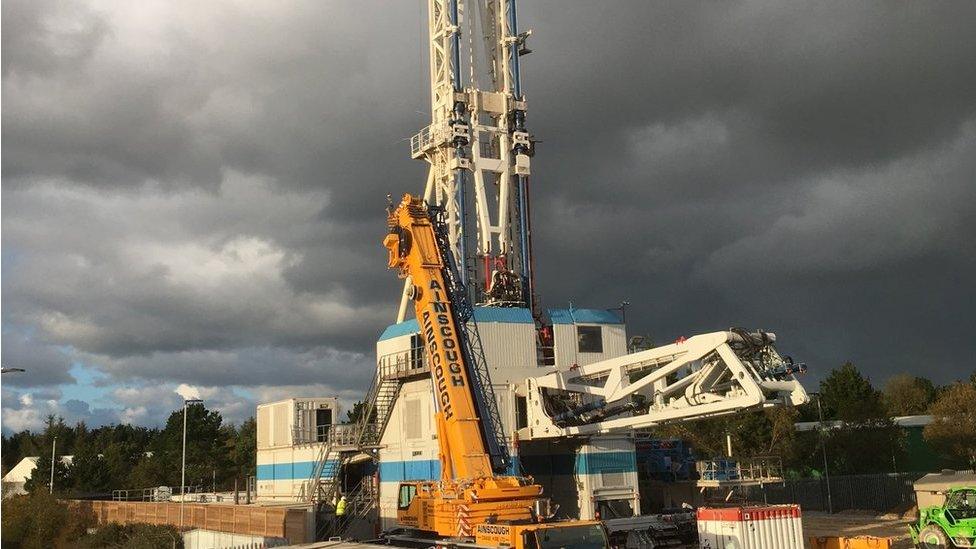Plane surveying Cornwall for minerals
- Published
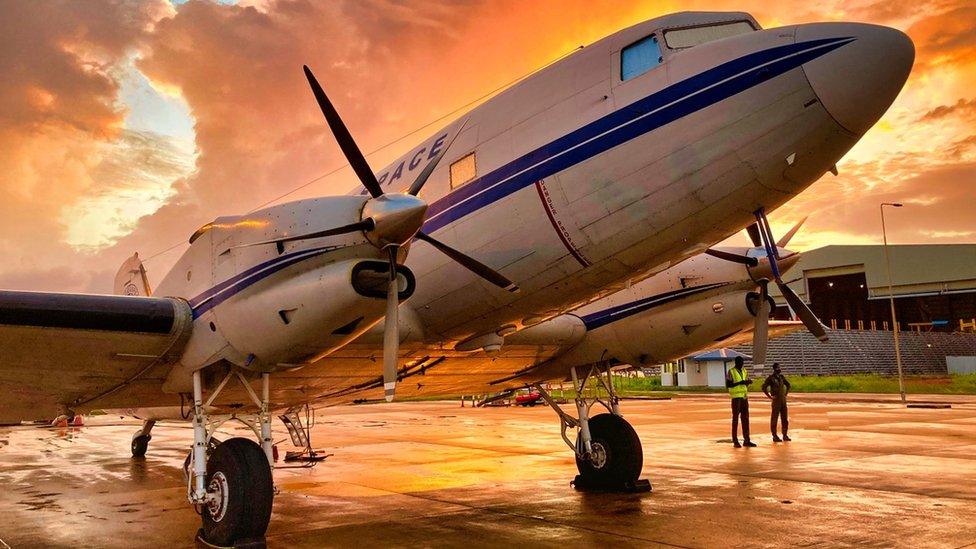
Three crew serve on board the 1943 DC3 Dakota
A low-flying 1940s plane doing survey work will be a common sight over mid and west Cornwall during the next two to three weeks.
The geological mapping plane is hoping to identify where lithium and other minerals may be located underground.
The flights are happening in the mornings at about 100m (328ft).
Bell Geospace, which is doing the work, said the "aircraft is able to sense and measure geological properties which cannot otherwise be seen".
It is hoped the information gathered will be of use to companies hoping to evaluate potential for geothermal energy or lithium extraction, as well as to the British Geological Survey and the government.
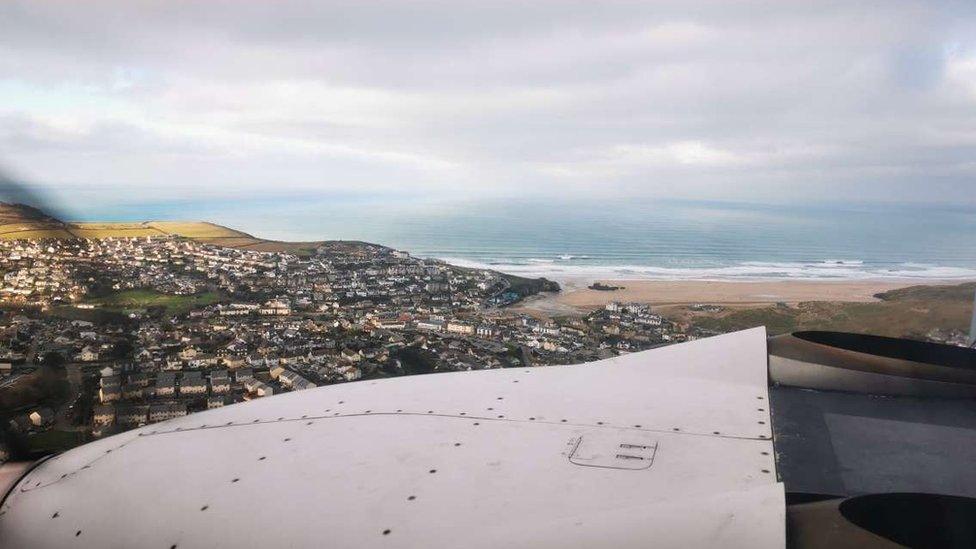
The crew has a spectacular view over Cornwall
There are two pilots on board the 1943 DC3 Dakota, along with field crew supervisor Andrew Searle.
He said: "It's a very stable platform so we can fly low and slow. We measure the difference in the gravitational pull, and we can then therefore mark the density changes in the subsurface."
The data is then processed and sold to clients, so "they can see what's underground", he added.
Julianne Sharples, international marketing manager, said they do surveys all over the world: "There is a lot of interest in Cornwall, from companies looking to fuel the green transition, help the country get to net zero, and looking for geothermal resources."
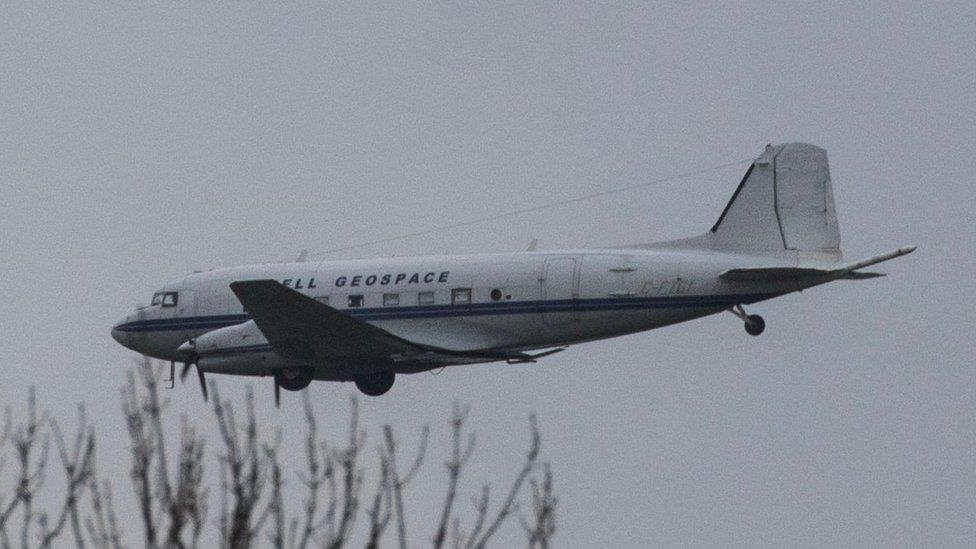
Plane enthusiasts have been taking photos of the DC3 over Cornwall
In recent years, Cornwall has been found to contain "globally significant" amounts of high-grade lithium, a critical mineral for the production of batteries for electric vehicles, among other uses.
Granite beneath the surface also makes Cornwall suitable for geothermal energy exploration, with two projects already established at United Downs and the Eden Project, and with four more planned.
Farmers, horse owners and parish councils have been contacted in advance to warn them of possible disruption from the flights.
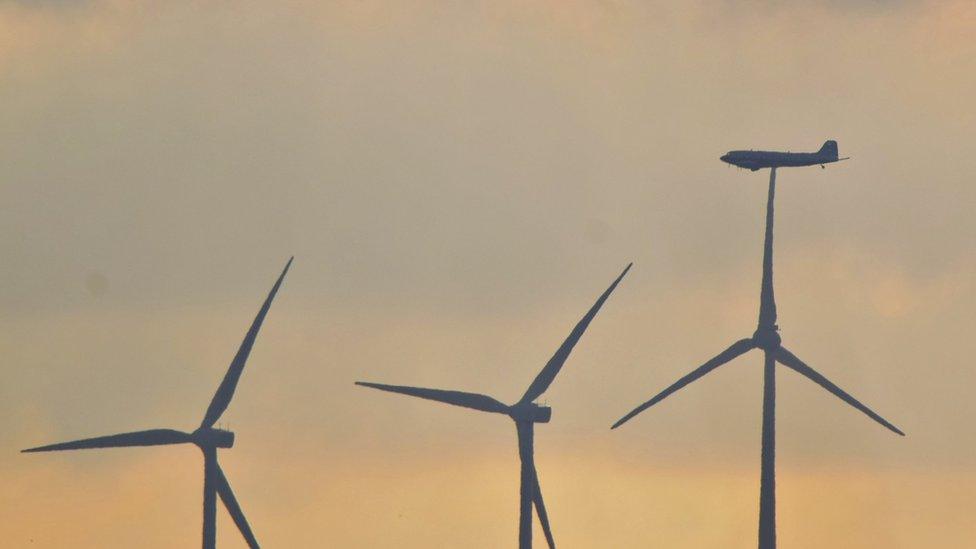
Photographers have captured the low-flying aircraft
The company said the plane would be much quieter than helicopters and other aircraft more commonly seen flying in Cornish skies.
Mr Searle said: "Our engines have upward facing exhausts, so the noise gets pushed upwards.
"So, when you have things like livestock in the area, it reduces the noise."
The noise was comparable to a car passing at 30mph, the company said.
The plane is taking off from and returning to Southampton each day due to a pre-existing arrangement and connection there, including the facilities and power supply required.

Follow BBC News South West on Twitter, external, Facebook, external and Instagram, external. Send your story ideas to spotlight@bbc.co.uk, external.
Related topics
- Published17 September 2020
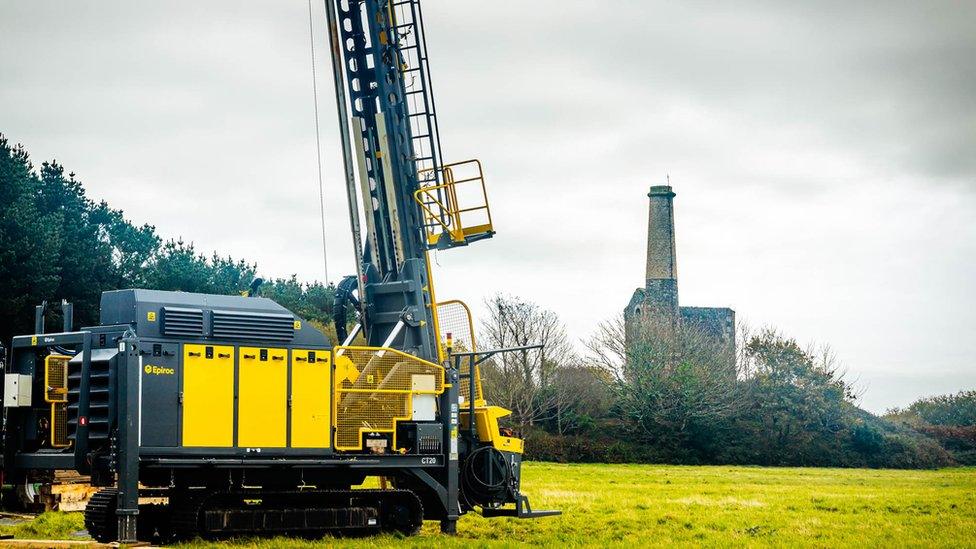
- Published2 July 2021
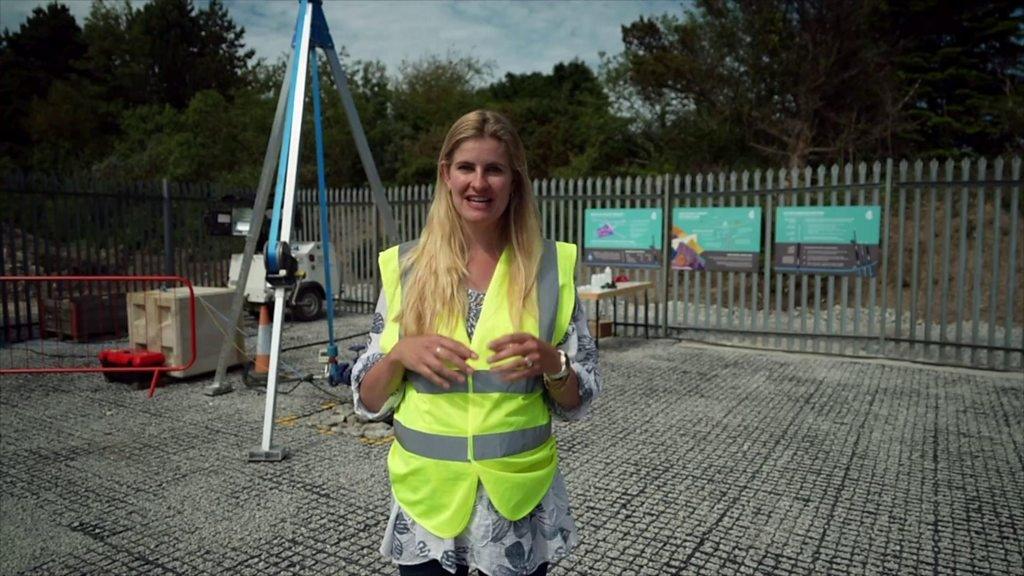
- Published4 January 2021
